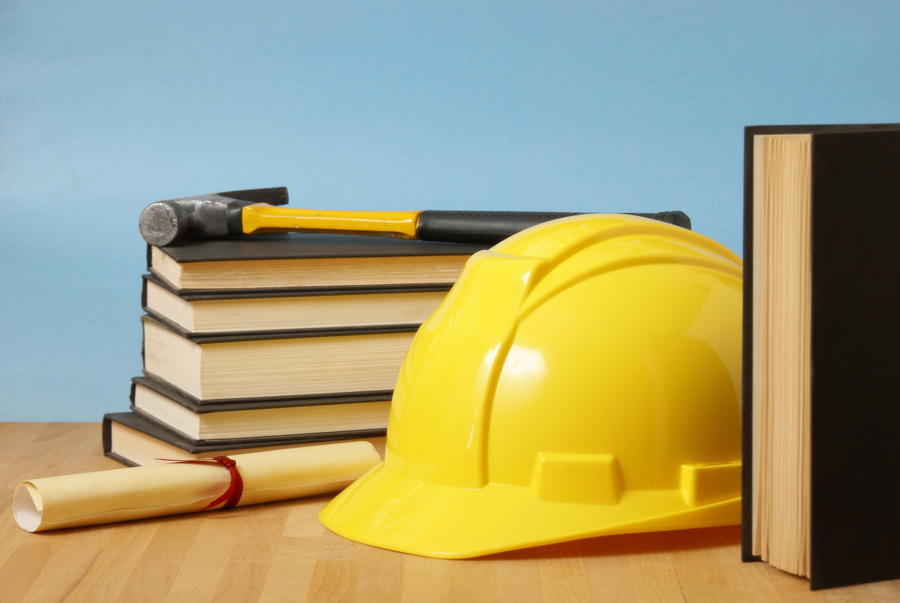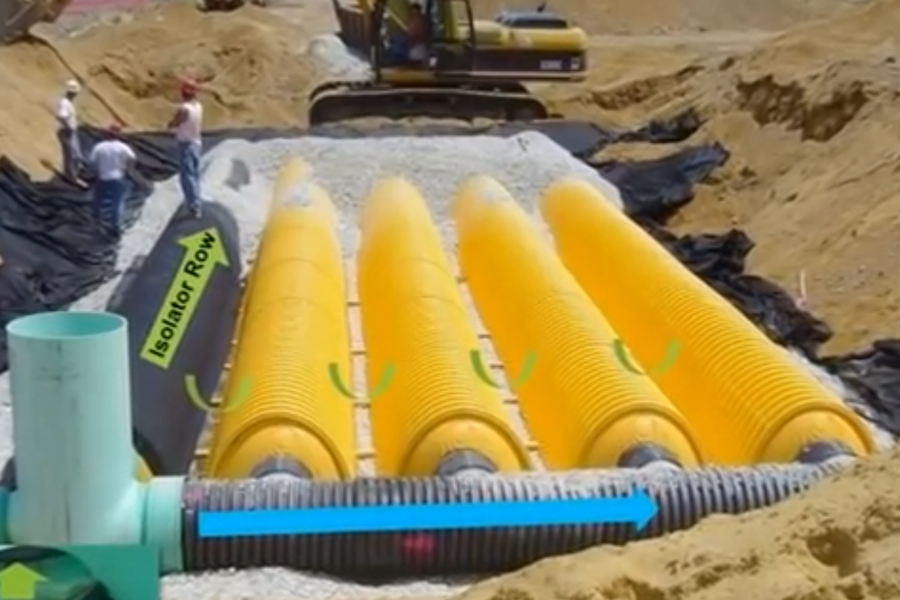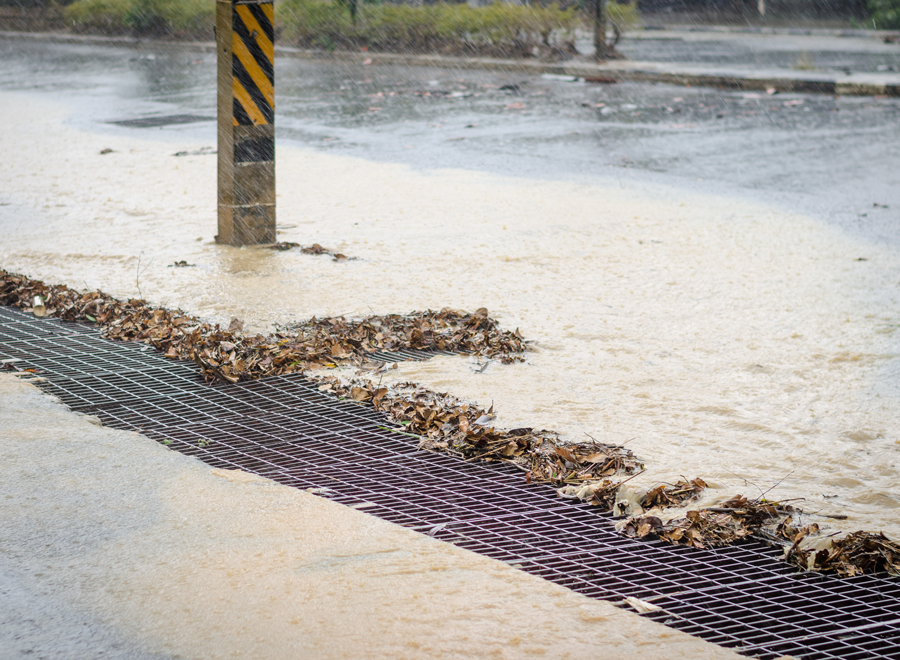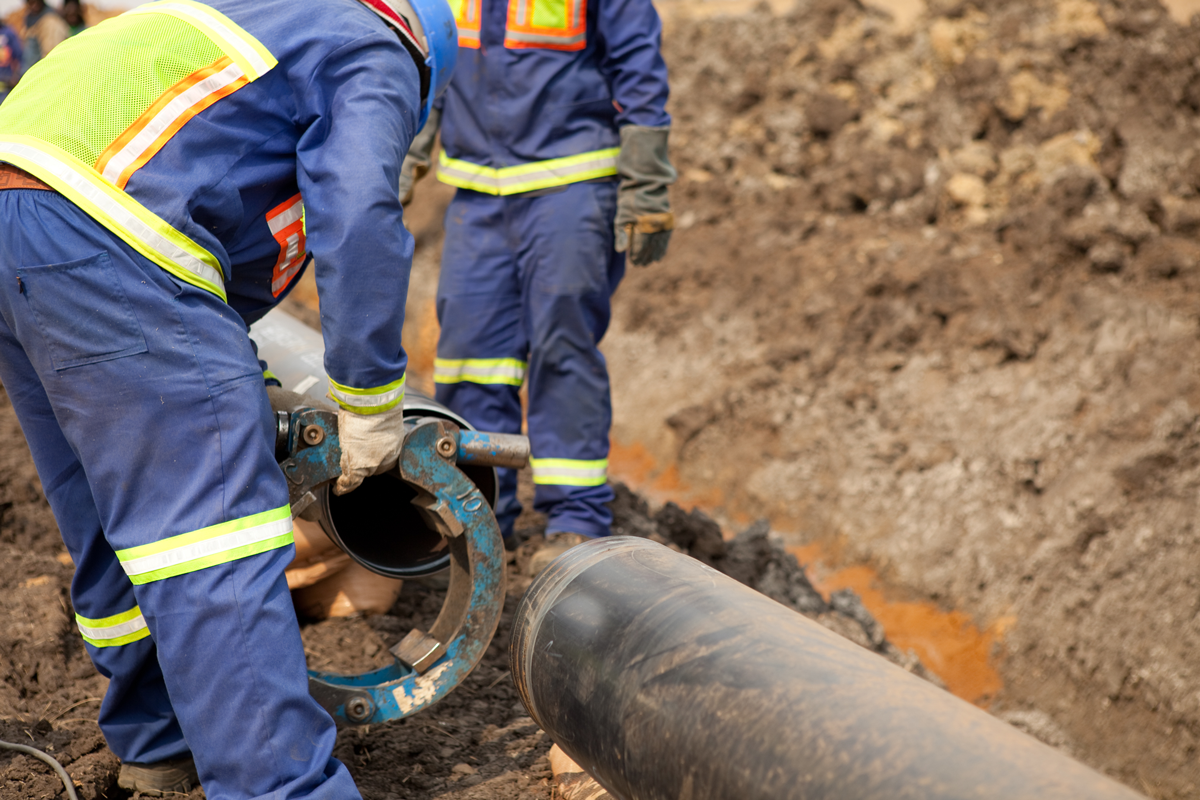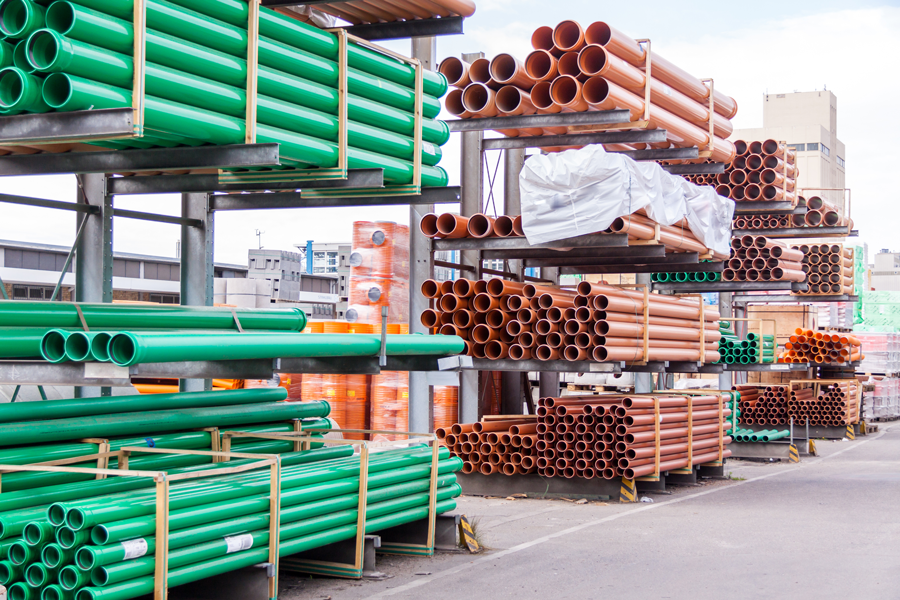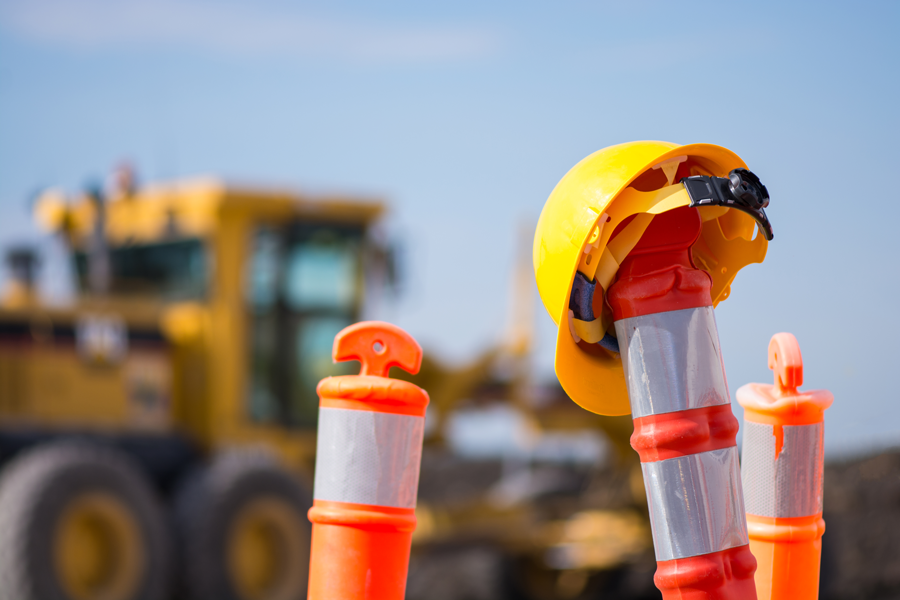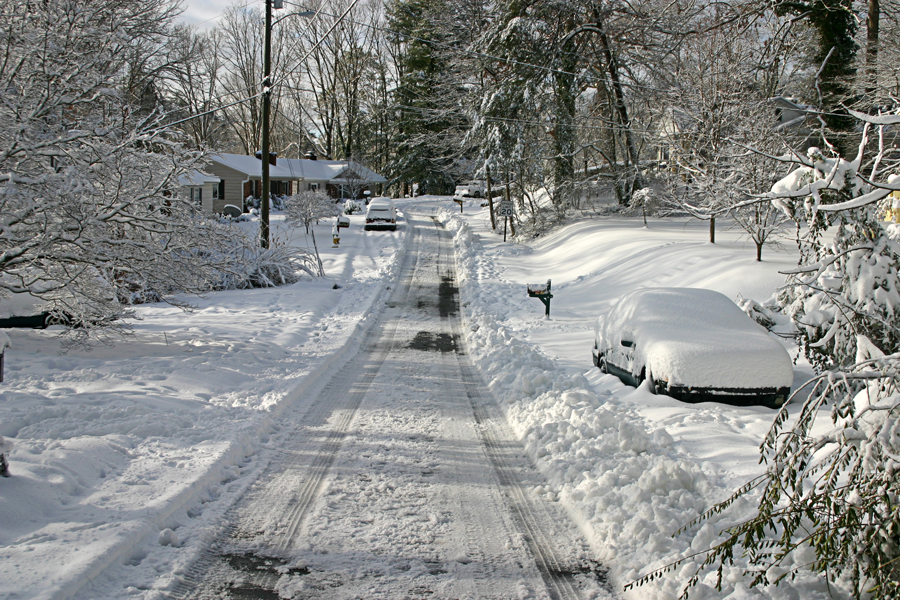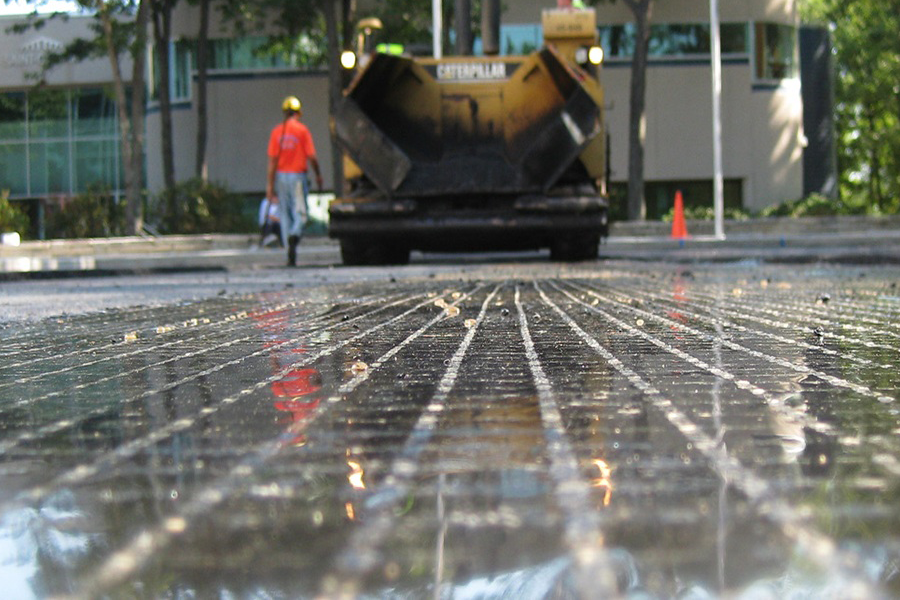When winter draws near and you've wrapped up all the mild-weather projects, your crew often has a lot of downtime. Though the occasional winter storm, cold snap or house fire may cause some need for repairs or replacement of damaged parts, the rest of the winter tends to be rather quiet. What can you do to get the most out of your team during the down time? Improve your team's overall knowledge and capabilities. Team EJP offers a wide range of trainings available on your work site. Here's part of what we have to offer.
Working in construction can be very dangerous. Virtually every construction worker has a story about an injury or close call that could have caused serious problems if it hadn't been handled properly. When there is an accident or injury on site, how your team handles it prior to emergency services arriving can make a big difference in the outcome. Here is some information to keep in mind from an emergency medical responder who has spent over two decades in the field.
When you need to add water detention or retention to your storm water management program, there are few companies better suited to provide you with comprehensive solutions than ADS. One of their most effective solutions is the StormTech line of versatile sub-surface retention detention systems, which is offered in a variety of sizes to suit your next project. Here are a few more details on this quality chamber line.
Doing it right the first time has never been more important than it is now. Cost, regulation and conservation are all driving our industry to new technologies and processes. At Team EJP, we're all about making sure our customers have the resources they need to get the job done. Because of that dedication, we've created a comprehensive field guide to stormwater management. Here's a quick preview of what you can expect.
Even as the fall is leaving a cool but pleasant atmosphere, with falling leaves, crisp air and wet weather, winter is just around the corner. Is your crew prepared? Does your department have sufficient personal protective equipment in good condition for the season to keep your crew warm and working well? At Team EJP, we're all about providing you with the information you need to keep your crew rolling along. Here's a quick checklist for your crew's winter personal protective safety equipment.
With the water quality concerns being highlighted in the news recently many utilities have begun testing their own supply in response to customer demands for higher levels of safety. But how about the school district? Over 90,000 schools nationwide don't fall under the Safe Drinking Water Act (SDWA). Though testing is the only way to make sure, there are some other indicators that may come into play to help you decide whether lead and other contaminants could be a problem for schools in your district. Here's the basics about whether water quality could be an issue in your utility's school districts.
When budgets are tight and oversight is heavy, it can be very difficult to operate a utility effectively and efficiently. At Team EJP we want to help. That's why we've created our Value Added Services (VAS) program, which supports your utility in running effectively. How? We maximize our distribution inventory while minimizing what you need to keep on hand.
When you're working around heavy machinery, there's always a risk of danger from the weight and power of these big machines. Because heavy equipment is designed to handle very large volumes or loads of material, they can have issues with line of vision and can cause accidents as a worker is caught in or under the machinery. For this reason, it's vital that they be operated properly and with a crew that is alert to everything going on around them. Here are some basics of how your heavy equipment should be operated and how your crew should work around it safely.
Though winter may seem a long ways off, it's important to remember that winter's cold, frozen pipes and house fires from portable heaters are just a few short months away. How do you keep your municipality's waterworks department running smoothly through the cold? Part of the process is to have a checklist you start on now so that everything is in place instead of panicking and having to pay extra to get what you need in a cold-weather emergency.
When you have a paving job that needs to get done, it's easy for it to either get delayed or go over budget. How do you get the job done effectively and efficiently? One option that many contractors are putting into effect are the stabilization and paving products from Tensar. Two of the most popular products they offer is GlasGrid and Geogrids. Let's take a solid look at each product and what their advantages and disadvantages are for your situation.
